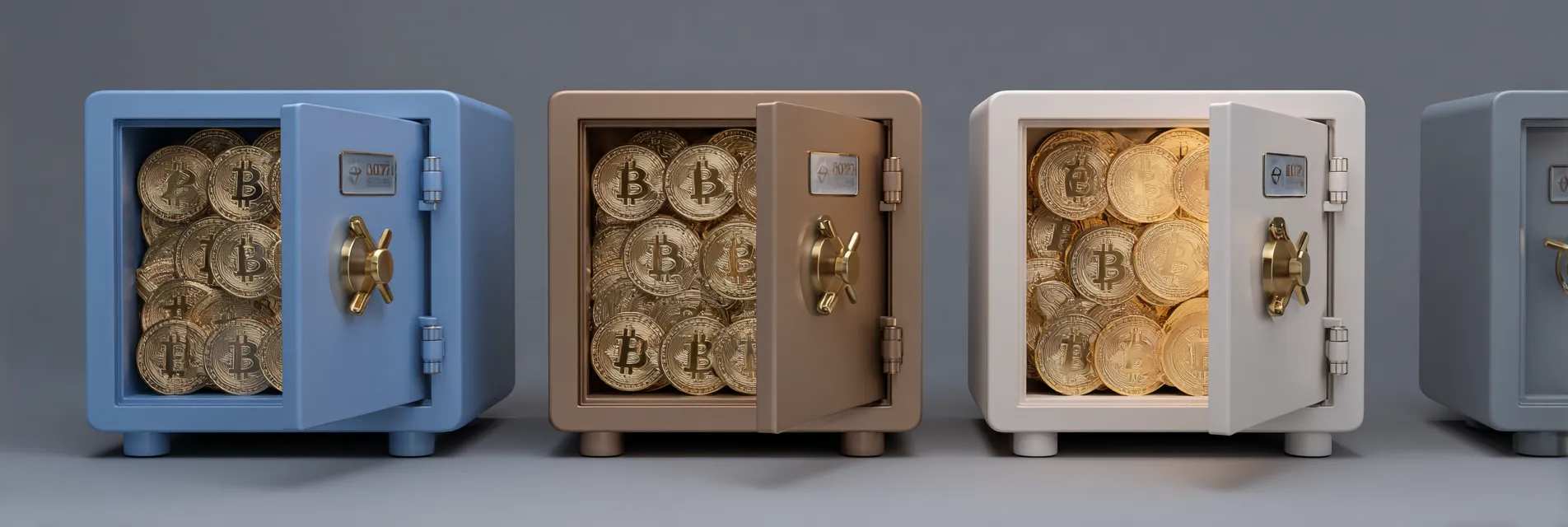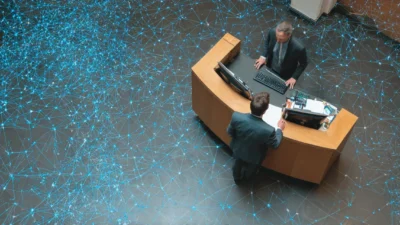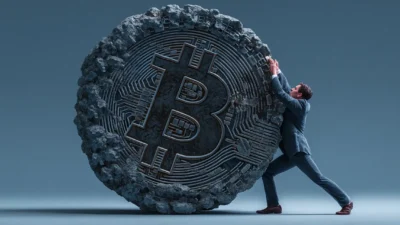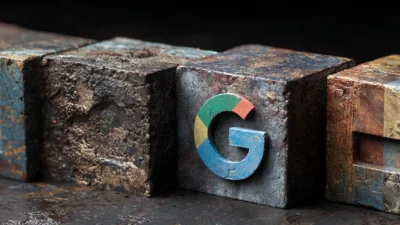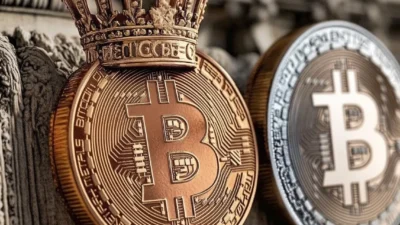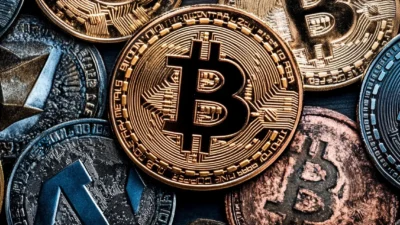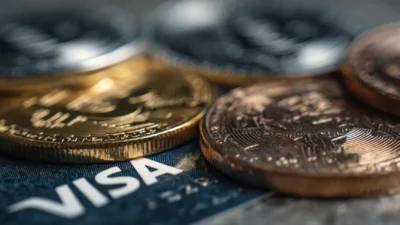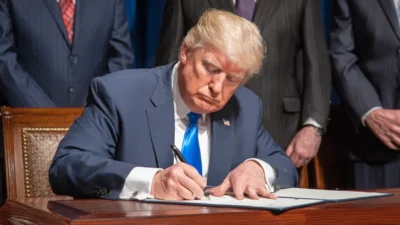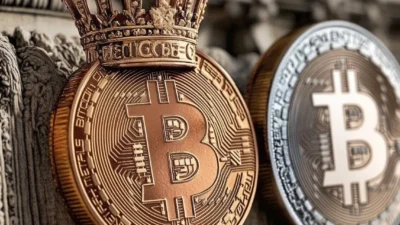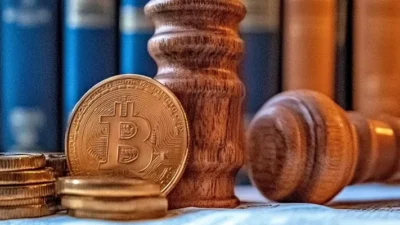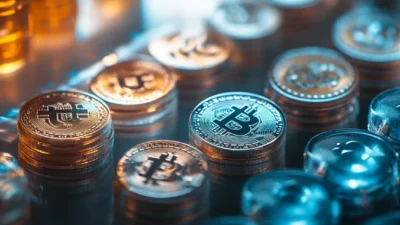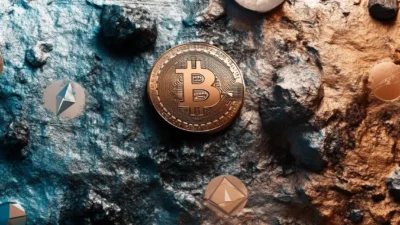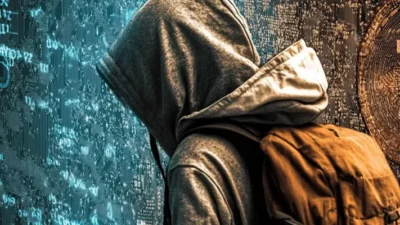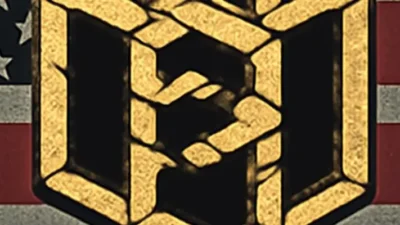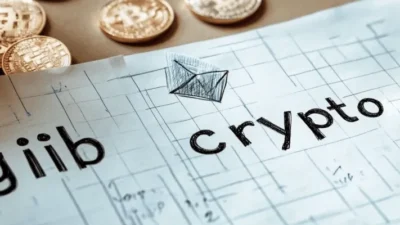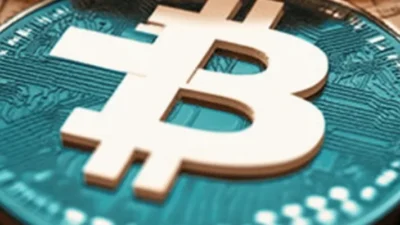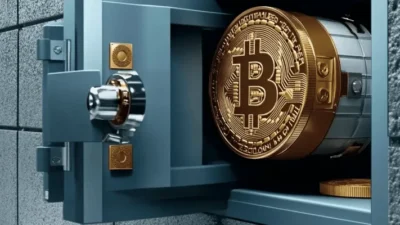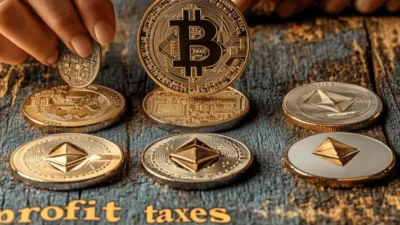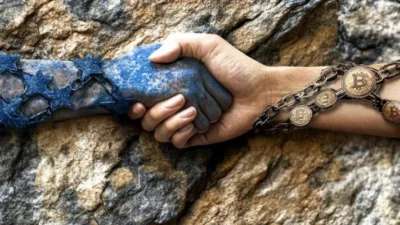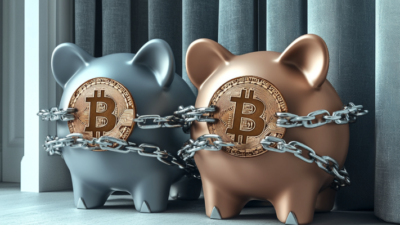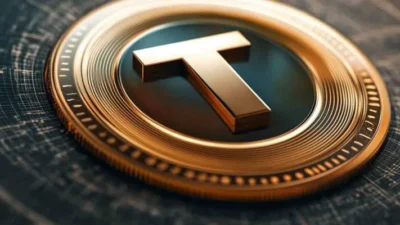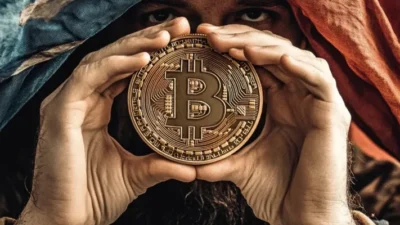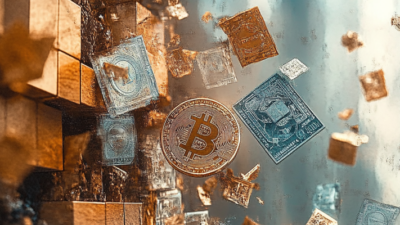TLDR
- With so many new users entering the space, crypto security has never been more important.
- Some of this stuff may seem like common sense, but some users won’t figure it out until it’s too late.
- That’s why we brought in an expert!
We all love the crypto world. But it can be a dangerous place. And we preach safety over everything. Today, we asked our friend Julia from Professional Crypto Recovery to join us and provide a few tips. If you’ve lost your password, misplaced your seed phrase, etc, she can help.
One thing she cannot do is recover funds from a rug pull or exploit. However, she’s seen some pretty scary situations in her career. So while she can’t go track down a hacker and get your funds, she can provide some amazing prevention tips.
With the right security practices, crypto can actually be more secure than traditional banking. The key is knowing what you’re doing and not cutting corners when it comes to protecting your funds. Think of this guide as your crypto bodyguard training manual. Let’s get after it.
Understanding the Basics of Crypto Security
Before we dive into the nitty-gritty of staying safe, let’s make sure we’re all on the same page about how this crypto thing actually works.
What is a Private Key?
Your private key is the master password to your crypto kingdom. It’s a super-long string of characters that proves you own specific crypto funds. If someone gets their hands on your private key, they can access and steal all your crypto.
“Never, ever, EVER share your private key with anyone,” said Julia. “Not your best friend and definitely not that helpful customer service rep who DM’d you on Twitter.”
(Spoiler alert: they’re a scammer. Not your best friend. The CS rep. Although your bff could also, technically, be one.)
What is a Wallet?
Think of a crypto wallet as your digital bank account, but way cooler. There are two main types you need to know about:
Hot Wallets are connected to the internet. They’re convenient for frequent trading and transactions, but more vulnerable to hackers. Examples include Coinbase Wallet, MetaMask, and most exchange wallets.
Cold Wallets are offline storage solutions. They’re like a digital safe for your crypto — much harder to hack, but less convenient for daily use. Hardware wallets, such as Ledger and Trezor, are the most popular cold storage options.
Best Practices for Keeping Your Funds Safe
Now that you know the basics, let’s get into the meat and potatoes of crypto security.
Use Strong Passwords
Password security is about as exciting as watching paint dry. However, using “password123” for your crypto exchange is akin to leaving your front door wide open with a sign that says “free money inside”.
“Create unique, complex passwords for every crypto-related account. Use a mix of uppercase and lowercase letters, numbers, and special characters. Better yet, use a password manager like 1Password or Bitwarden to generate and store them for you,” said Julia.
And please, for the love of Satoshi, don’t reuse passwords across platforms. If one site gets hacked, you don’t want the bad guys accessing all your accounts.
Beware of Phishing Scams
Scams are everywhere in crypto, and they’re getting sneakier by the day. Scammers create fake websites that look identical to legitimate exchanges, then steal your login credentials when you try to sign in.
Always double-check URLs before entering any sensitive information. Bookmark your favorite exchanges and wallets instead of clicking links in emails. If something feels off — trust your gut. Legitimate companies won’t pressure you to act immediately or ask for your private keys via email.
In the event that you are scammed, there is unfortunately not much you can do. A pro like Julia can’t get those funds back for you. The best course of action is to contact the authorities. In some cases, they’ve been able to seize and return money that has been stolen by fraudsters.
Secure Your Private Keys and Recovery Phrases
Your recovery phrase (also known as a seed phrase) serves as a backup key to your wallet. It’s usually 12 or 24 words that can restore access to your funds if you lose your device.
Write down your recovery phrase on paper and store it somewhere safe — like a fireproof safe or safety deposit box. Never store it digitally where hackers could find it. Some people even split their phrase and store the pieces in different locations for extra security.
“I recommend hand writing at least two copies and storing them in two different secure physical locations,” said Julia. “If your house burns down, you want another copy somewhere else, or you will lose your assets. Double-check every word and make sure the order of the words is obvious. Never take pictures of your seed phrase.”
Avoid Public Wi-Fi for Transactions
This is a big one. The Dypto Crypto Team has seen this happen so often. That free airport Wi-Fi might be convenient, but it’s also a hacker’s paradise. Public networks are notoriously insecure, and cybercriminals can easily intercept your data.
“If you absolutely must access crypto accounts on public Wi-Fi, use a reputable VPN service to encrypt your connection. But honestly? Just wait until you’re on a secure network. Your crypto will still be there in a few hours,” said Julia
Advanced Security Tips
Ready to level up your security game? These tips are for folks who want to go the extra mile.
Consider a Hardware Wallet
If you’re holding crypto for the long term, a hardware wallet is your best friend. These physical devices store your private keys offline, making them nearly impossible to hack remotely.
“Always buy a hardware wallet directly from the manufacturer,” added Julia.
Diversify Your Holdings
Don’t put all your crypto eggs in one basket. Spread your funds across multiple wallets and platforms. If one gets compromised, you won’t lose everything.
Use Reputable Exchanges and Wallets
Stick with well-established, regulated exchanges like Coinbase, Kraken, or Binance. Do your research before trusting any platform with your money.
Monitor Your Accounts Regularly
Make it a habit to check your crypto accounts regularly for any suspicious activity. Set up notifications for transactions and logins if your platform offers them.
If you notice anything fishy — unauthorized transactions, login attempts from strange locations, or changes to your account settings — contact customer support immediately and secure your accounts.
Common Mistakes to Avoid
Even experienced crypto users make these mistakes, so don’t feel bad if you’ve done some of these:
Double-check wallet addresses before sending funds. Crypto transactions are irreversible, so that little typo could cost you big time. Copy and paste addresses instead of typing them, and always verify the first and last few characters.
Don’t fall for get-rich-quick schemes. If someone promises guaranteed returns or asks you to send crypto to “verify” your wallet, it’s a scam. Real investments carry risk, and legitimate companies don’t need you to send them crypto first.
Don’t leave large amounts on exchanges long-term. Exchanges are tempting targets for hackers, and you don’t actually own crypto that’s sitting on their platform. Keep only what you need for active trading on exchanges.
Prioritize Crypto Security Today
Crypto security isn’t the most fun part of being in crypto. But it has to get done and get done right. Start with the basics — strong passwords, reputable platforms, and keeping your private keys safe. As you get more comfortable, you can add layers of security like hardware wallets and MFA.
The goal isn’t to become a cybersecurity expert. It’s to develop good habits that protect your funds while you learn and grow in the space. Every security measure you implement is a step toward safer, more confident investing.
Prioritize your crypto security starting right now. Your future crypto-wealthy self will thank you for taking security seriously from day one.
